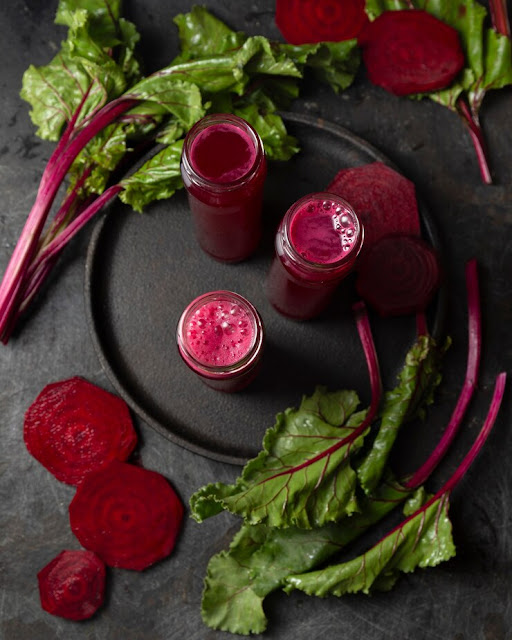Beetroots are indeed a nutrient-packed vegetable, offering a wide range of vitamins and minerals essential for overall health.
- Vitamin C: Beetroots are a good source of vitamin C, a powerful antioxidant that supports immune function, skin health, and wound healing.
- Folate: Folate, also known as vitamin B9, is abundant in beetroots. Folate is essential for DNA synthesis, cell division, and the production of red blood cells.
- Potassium: Beetroots contain potassium, an important mineral that helps regulate blood pressure, fluid balance, and muscle contractions.
- Manganese: Beetroots are rich in manganese, a trace mineral that plays a role in bone health, metabolism, and antioxidant defense.
- Iron: Beetroots contain iron, a mineral necessary for the production of hemoglobin, which carries oxygen in the blood.
- Magnesium: Beetroots provide magnesium, which is involved in hundreds of biochemical reactions in the body, including energy production, muscle function, and bone health.
- Phosphorus: Phosphorus is found in beetroots and is important for bone and teeth health, as well as energy metabolism.
- Vitamin B6: Beetroots contain vitamin B6, which is involved in amino acid metabolism, neurotransmitter synthesis, and immune function.
- Dietary Fiber: Beetroots are a good source of dietary fiber, which promotes digestive health, helps regulate blood sugar levels, and supports heart health.
- Avoid using large beetroot larger than 3 inches in diameter.
- While handling fresh fruit and vegetables wash your hands before and after.
- Do not tidy the root.
- Wash the beetroot under cool running water thoroughly. Don’t use soap.
- Keep away the beetroot from raw meats and meat juice to prevent it from cross contamination.
- Before storing, trim the stem to 2 inches above the beet, don’t trim the tail.
- Store beetroot in a plastic bag in the refrigerator at or below 41 F, it can be preserved for 7 days to 10 days to use.
- Beets may be icy for up to 10 months.






